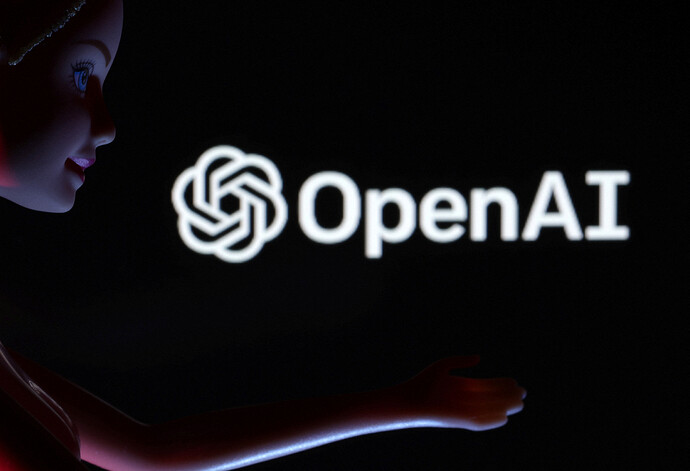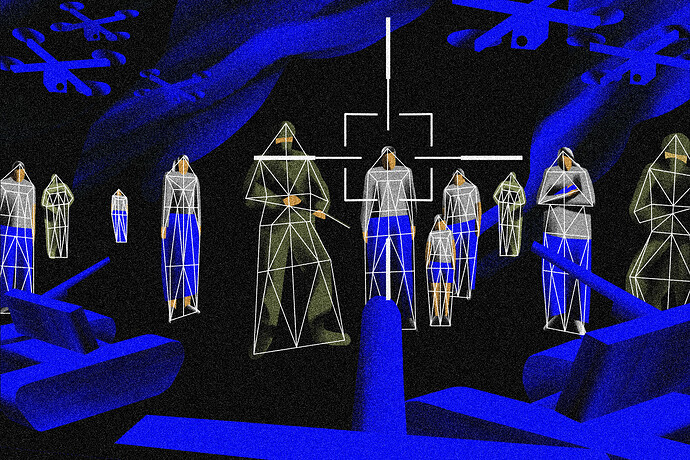Artificial intelligence, commonly abbreviated as AI, refers to the development of intelligent machines that can perform tasks that typically require human intelligence, such as perception, reasoning, and learning. AI can be categorized into two main types: narrow or weak AI, and artificial general intelligence (AGI) or strong AI.
Narrow or weak AI is the most common type of AI available today, and it is designed to perform a specific task, such as playing chess or driving a car. It relies on programmed algorithms to accomplish its task, and it does not have the ability to learn new things or adapt to new situations on its own. Narrow AI is used in a wide range of applications, from facial recognition software to virtual assistants like Siri and Alexa.
On the other hand, AGI or strong AI is a hypothetical form of AI that can perform any intellectual task that a human can do. It would have the ability to think abstractly, learn on its own, and make complex decisions based on its knowledge. AGI is still in the realm of science fiction, but many researchers and futurists believe that it may be possible to develop in the future.
There are several subfields within AI, such as machine learning, natural language processing (NLP), and computer vision. Machine learning is the process of teaching a computer to learn from data, without being explicitly programmed. It relies on algorithms that can recognize patterns in data and make predictions based on that data. NLP is the ability of a computer to understand and interpret human language, and it is used in applications such as chatbots and voice assistants. Computer vision involves teaching a computer to see and interpret images, and it has applications in fields such as self-driving cars and facial recognition software.
AI has many potential benefits, including increased efficiency and productivity, improved decision-making, and better healthcare outcomes. For example, AI can help doctors diagnose diseases more accurately and develop personalized treatment plans for patients. It can also help businesses automate tedious tasks and improve customer service. However, there are also potential risks associated with AI, such as job loss, privacy concerns, and the potential for AI to be used for malicious purposes.
One of the biggest challenges in AI development is creating machines that can truly understand and interpret human language. While NLP has made significant progress in recent years, there is still a long way to go before machines can truly understand the nuances of human communication. Another challenge is developing AI that is transparent and explainable, so that humans can understand how decisions are being made. This is particularly important in applications such as healthcare and criminal justice, where decisions made by AI can have significant consequences.
In order to develop AI, researchers need access to large datasets to train algorithms. However, there are concerns about the ethical implications of using personal data for AI development. There are also concerns about bias in AI, as algorithms may unintentionally reflect the biases of their developers or the data they were trained on. To address these concerns, there is a growing movement towards responsible AI development, which involves transparent and inclusive processes that take into account the potential impact of AI on society.
In conclusion, AI has the potential to revolutionize many aspects of society, from healthcare to finance to transportation. However, it also poses significant ethical and social challenges that need to be addressed. As AI development continues to accelerate, it is important that researchers, policymakers, and the public work together to ensure that AI is developed in a manner that is ethical, transparent, and beneficial to society as a whole.
Disclaimer
6do Encyclopedia represents the inaugural AI-driven knowledge repository, and we cordially invite all community users to collaborate and contribute to the enhancement of its accuracy and completeness.
Should you identify any inaccuracies or discrepancies, we respectfully request that you promptly bring these to our attention. Furthermore, you are encouraged to engage in dialogue with the 6do AI chatbot for clarifications.
Please be advised that when utilizing the resources provided by 6do Encyclopedia, users must exercise due care and diligence with respect to the information contained therein. We expressly disclaim any and all legal liabilities arising from the use of such content.



















